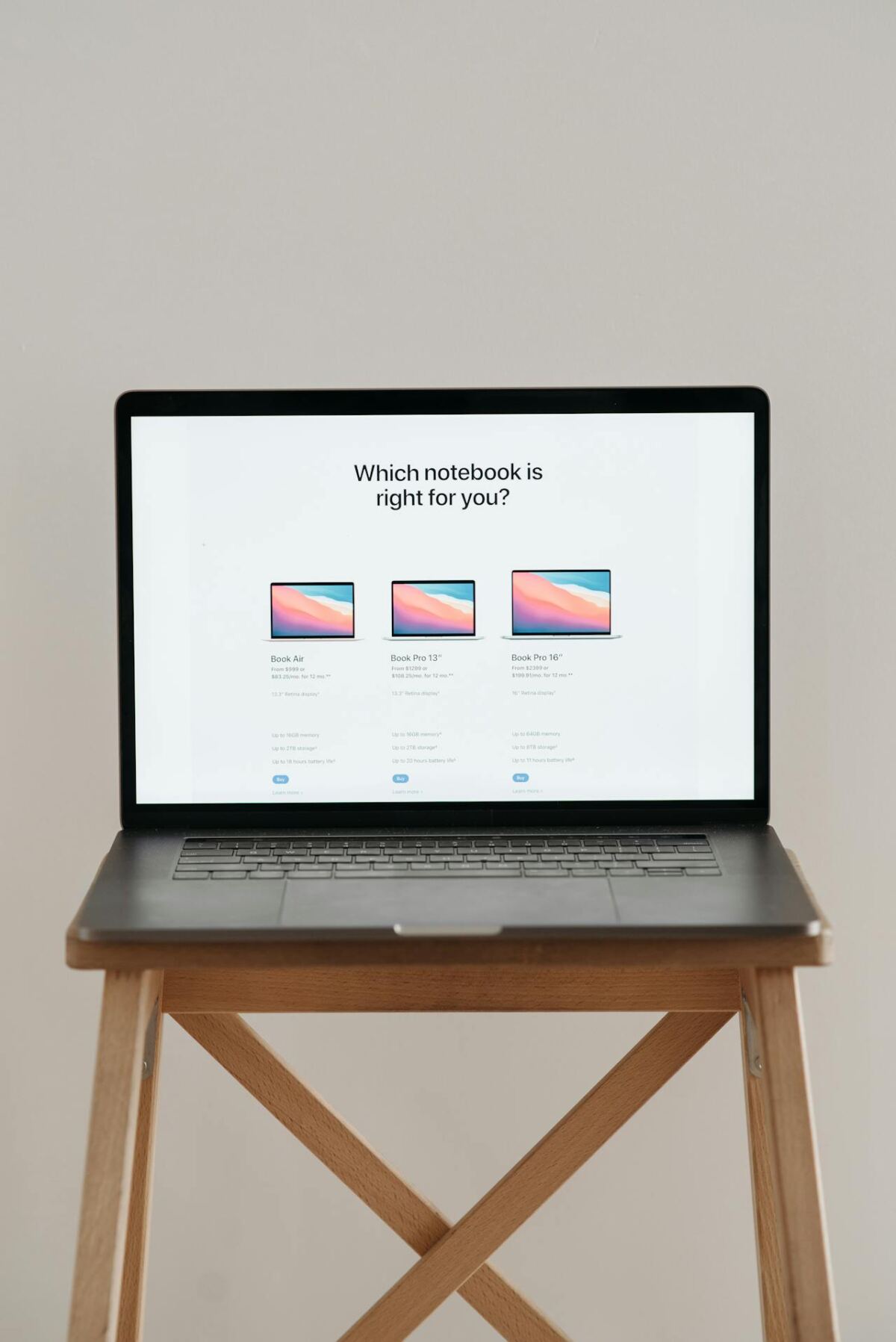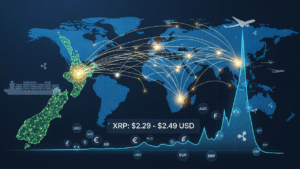Here’s the truth: there’s already too much information online that consumers don’t know how to filter the right pieces from the noise. According to Digitalsilk, 402.74 million terabytes of digital data are produced daily. So, you can imagine how difficult it is to wade through the maze and get the right bit of information. That’s why comparison websites exist.
These websites act as the guiding light to consumers. They help them make informed decisions without the hassle of running through countless websites to get the information they need. This post will look at how comparison websites have changed the way consumers choose digital services.
What Are Comparison Websites?
Comparison websites are alternative online platforms that allow consumers to compare the prices and features of digital products and services. These platforms have changed the way people shop online for digital products and services. This includes insurance, utilities, electronics, and travel deals.
Also known as comparative websites, these platforms aren’t just aggregators. They’re the lighthouses, helping consumers make safe and wise selections in the crowded internet marketplace. Platforms like Slotsoo show how comparison sites are reshaping decision-making in the digital age. They give users more clarity and confidence before engaging with online platforms.
Instead of hopping from one website to another, consumers can easily compare prices, reviews, and features of the products or services they want, all on one platform. The best comparison websites compile and present detailed information on diverse categories of goods and services from various sources.
How Do Comparison Websites Work?
Most comparative websites are simple to use. What happens is that these websites collaborate with several service providers in a particular niche or sector. Then they compile useful information about their products and services to showcase to users.
So, when a user visits a comparison website to search for what they need, they have to filter their search based on personal preferences and details. This allows them to get personalized results for the service or product.
The site gives a list of reviews, quotes, and features according to the filtered information provided by the user. Then the user gets all the information together on one webpage. This allows them to quickly compare the details on-screen and make an informed decision. However, these platforms aren’t just for comparison shopping. Many users visit such websites to check the right prices for accommodations, flight deals, insurance, legal services, and much more.
For example, car insurance comparison platforms provide information on insurance deals. When a user visits such a platform, they’re likely to find different car insurance quotes from various providers based on their car details and usage. In the end, the user can filter the information and get the right bit based on their needs.
Advantages of Comparison Websites
Comparison websites deliver the following benefits:
- It’s cost-effective: Usually, prices vary widely among different service providers. Consumers can compare prices and choose the best according to their budget. This prevents them from buying from the first option they see online, even if it’s above their budget.
- Informed purchasing decision: Comparison websites fill the information gaps left by various online sources. So, consumers can find product details that allow them to make informed purchasing decisions. They can view quotes, features, prices, and more from different providers.
- Capturing great deals in real-time: Consumers who search for products and services only on Google are likely to go buy the first results on the first page. However, these results are mainly from well-established companies with huge marketing budgets. This means they’re likely to miss out on better deals from lesser-known providers. Comparison websites consolidate all information in one place, from both seasoned providers and the lesser-known ones.
- It saves time and effort: Since all details are available under one roof, consumers save the time they would need to call different companies asking for quotes or fill out multiple forms. Within a few minutes of providing their details, consumers can access detailed product information from different providers and compare their options.
The Win-Win Scenario of Comparison Websites
Comparison websites deliver a balanced ecosystem for both businesses and consumers. Businesses use such platforms as a digital display where their products or services are put in front of consumers. Many of the consumers are at a critical juncture in making a purchasing decision. So, the comparative websites provide a ready audience for enterprises.
On the other hand, consumers have a wide range of choices on comparison websites. Besides, the choices are presented on a transparent website that’s easy to navigate. This ensures the consumers can make the best purchasing decision. Plus, this mutual relationship creates a marketplace that’s driven by clarity, informed choice, and competition.
So, these sites are merely creating a new standard in how consumers and businesses perceive and pursue value and service. They present a balanced marketplace where both parties benefit from a transparent flow of information.
Shaping a Smarter, Transparent Shopping Experience
Comparison websites operate based on trust and transparency. When consumers visit these sites, they expect to receive factual and impartial information to help them make an informed purchasing decision. With trust as the cornerstone, any comparison site must uphold this tenet to remain credible and successful.








